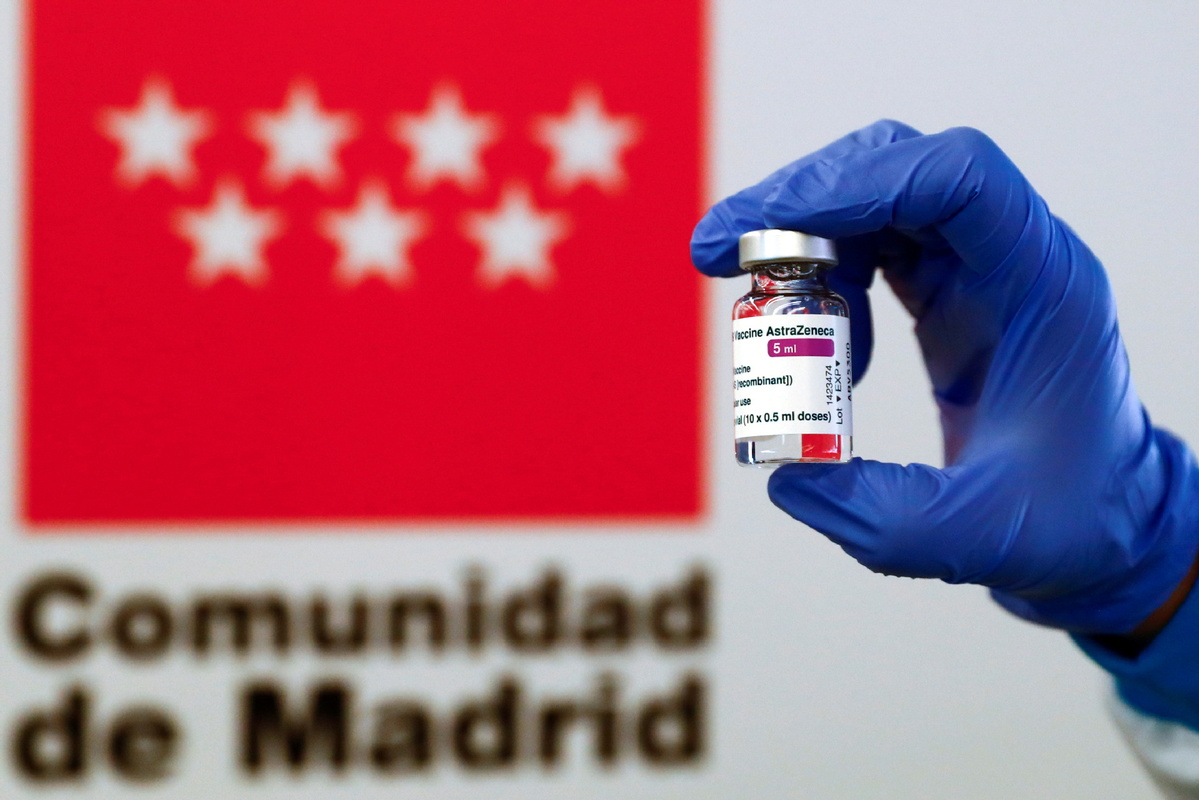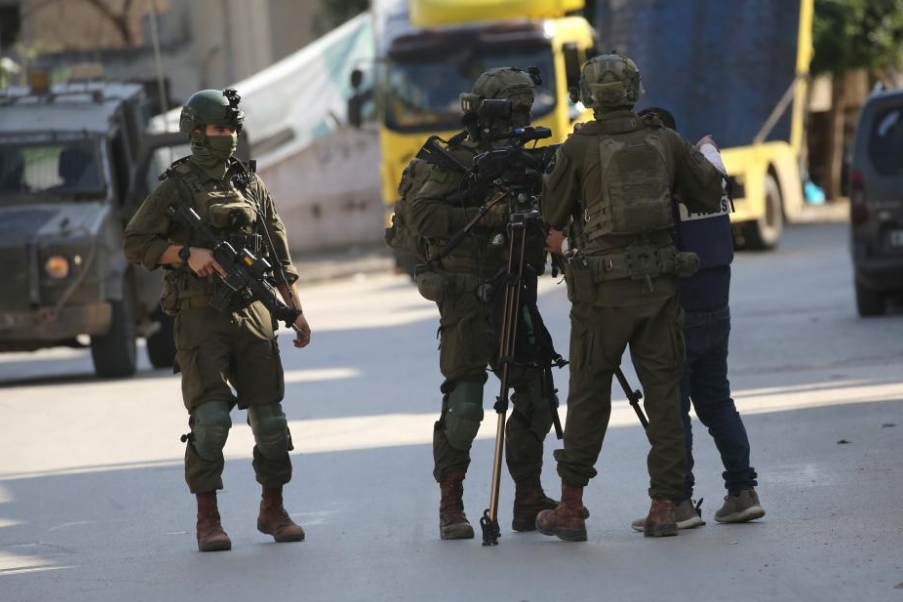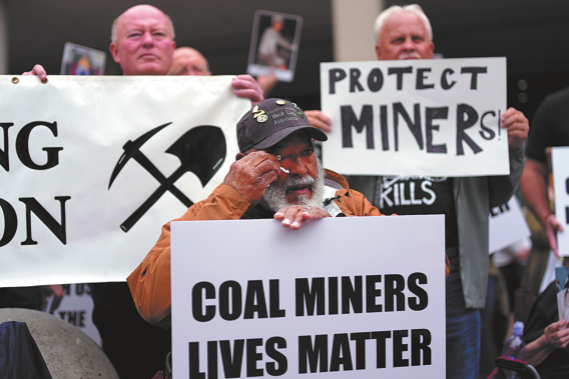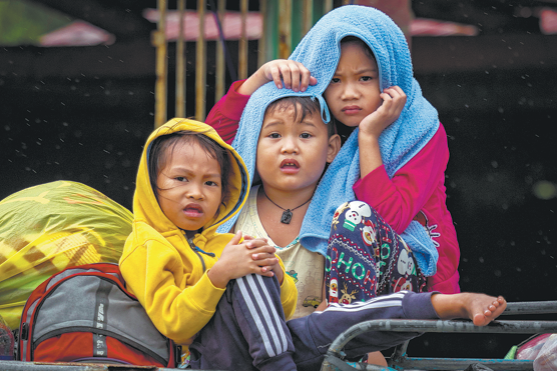Safety probes threaten to disrupt vaccine rollout


Safety probes into both the Johnson & Johnson and AstraZeneca COVID-19 vaccines threaten to disrupt their rollout in nations that have limited access to alternative vaccines.
Cases of rare and serious blood disorders have prompted several rich nations to adjust their national strategies, pivoting away from Johnson& Johnson and AstraZeneca and increasing their reliance on vaccines from other manufacturers including Pfizer and Moderna.
Cases of blood clots among the vaccinated are exceedingly rare, with this affecting four people out of every 1 million receiving the AstraZeneca vaccine in the United Kingdom and one in every 1 million getting the Johnson & Johnson vaccine in the United States.
Many health experts say that the benefits of receiving the vaccines far outweigh the risks. A recent study by Oxford University found that the risk of developing a specific form of blood clotting from COVID-19 infection itself is approximately eight times greater than the risk presented by the AstraZeneca vaccine.
Even so, many nations have decided to pause or entirely halt their use of the vaccines.
In the US, Moderna and Pfizer provide the majority of vaccines, and the White House has said that the Johnson & Johnson suspension will not have a significant impact on the rollout. Having yet to gain approval, the AstraZeneca vaccine does not feature in the US campaign.
Pfizer has already confirmed that it will move forward a winter order and deliver 50 million doses to Europe between April and June, to partially help make up for a delayed 55-million order of the one-dose Johnson & Johnson vaccine.
"The EU has gone with the line 'out of an abundance of caution' and part of that is because they do have a portfolio that they can fall back on," said Matt Linley, a senior analyst at science intelligence consultancy Airfinity.
The same cannot be said for most low-income nations, according to Linley, who works on predictive models for global vaccine production and distribution.
AstraZeneca and its production partners are forecast to produce 3 billion doses by the end of 2021, more than any other manufacturer and representing close to a third of the global total of around 9.5 billion.
AstraZeneca has tied its prices to the cost of production, and is a lead supplier to the COVAX initiative, which is a global effort aimed at ensuring access in poorer nations to novel coronavirus vaccines.
Johnson & Johnson is also set to play a key role in the rollout in the developing world. In late March, the African Union agreed a deal with Johnson & Johnson for 400 million doses beginning in the third quarter of this year.
In early April, while AstraZeneca continued to make headline news due to safety concerns, the AU said it would halt procurement of the AstraZeneca vaccine. It said this decision was made in order to diversify options, as the majority of the 600 million doses the region has been promised under COVAX are from AstraZeneca.
This means that close to one billion doses intended to jump start the campaign in Africa have been flagged for safety concerns, which is likely to cause vaccine hesitancy.
"Hesitancy has definitely got worse in the EU, particularly toward the AstraZeneca vaccine," Linley of Airfinity said.
Ahmed Ogwell, deputy director of the Africa Centres for Disease Control and Prevention, said his organization continues to endorse the use of the Johnson& Johnson vaccine.
"We will continue with our plans to import the Johnson & Johnson vaccine," Ogwell said last week.
South Africa took measures into its own hands last week when it paused distribution of the Johnson& Johnson vaccine, just two months after President Cyril Ramaphosa received the treatment in a live broadcast.
Dewa Mavhinga, director of Human Rights Watch in Southern Africa, said that vaccine hesitancy threatens to "severely undermine the effectiveness of Africa's response".
Some African nations have looked to China to help diversify their vaccine portfolios. Last week, Cameroon began distribution of 200,000 COVID-19 vaccines from China's Sinopharm.
Zimbabwe has ordered over a million doses of vaccines from Sinopharm and Sinovac. Zimbabwean President Emmerson Mnangagwa received the Sinovac vaccine live on television in late March.
China has donated vaccines to more than a dozen African nations and more than 50 developing countries around the world.
































